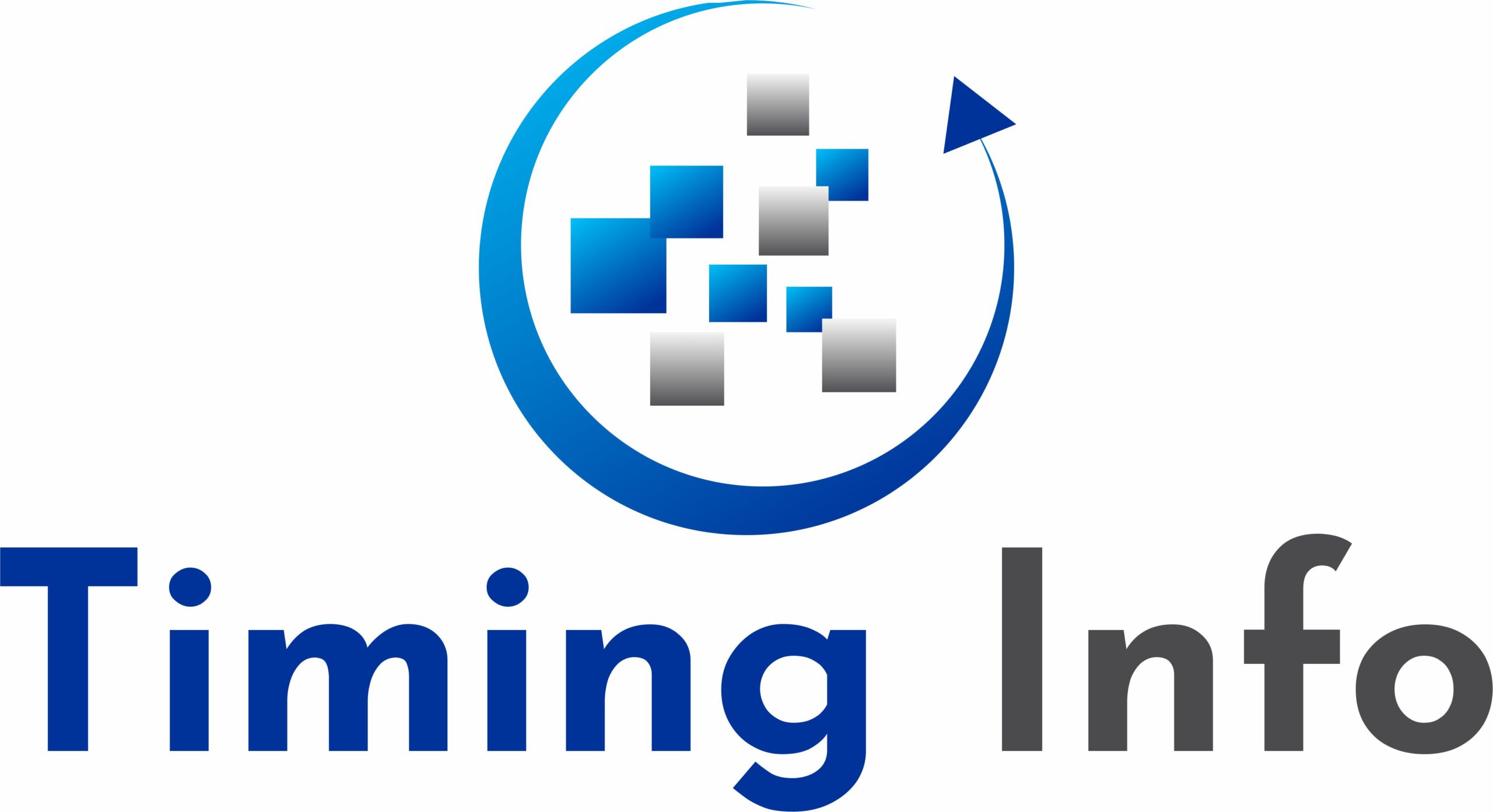The digital landscape is evolving rapidly, and businesses are continually seeking ways to enhance customer engagement, streamline support, and optimize operations. One of the most significant advancements in this space is the rise of AI-powered WhatsApp chatbot. These intelligent virtual assistants leverage artificial intelligence (AI) and natural language processing (NLP) to provide seamless, real-time interactions. As automation becomes the cornerstone of customer communication, AI-driven WhatsApp chatbots are set to redefine the future of automated conversations.
Understanding AI-Powered WhatsApp Chatbots
An AI-powered WhatsApp chatbot is a conversational AI system integrated into the WhatsApp platform. Unlike rule-based chatbots, these AI-driven models understand context, learn from interactions, and deliver human-like responses. Businesses use them for customer support, sales, marketing, and engagement, making them an essential tool for modern digital communication.
Key Features of AI-Powered WhatsApp Chatbots
- Advanced NLP Capabilities: Understand and process natural language for human-like conversations.
- Self-Learning Algorithms: Continuously improve responses based on user interactions.
- 24/7 Availability: Provide instant support anytime, anywhere.
- Multimedia Support: Share images, videos, voice notes, and documents for a rich user experience.
- Seamless CRM Integration: Connect with customer relationship management systems for personalized interactions.
- End-to-End Encryption: Ensure secure and confidential conversations.
How AI-Powered WhatsApp Chatbots Are Transforming Automated Conversations
- Enhancing Customer Support
AI chatbots significantly improve response times and reduce customer frustration by instantly addressing queries. They can handle frequently asked questions, troubleshoot issues, and escalate complex problems to human agents when necessary.
For example, an airline company can use an AI-powered WhatsApp chatbot to assist travelers with flight bookings, provide real-time status updates, and offer cancellation options without human intervention.
- Personalized Customer Engagement
AI-powered chatbots analyze user data and interactions to deliver highly personalized responses. By understanding customer preferences, they recommend products, provide tailored promotions, and enhance engagement.
For instance, a fashion retailer can use an AI chatbot to suggest outfits based on a customer’s previous purchases and browsing behavior, boosting conversion rates.
- Automated Sales and Lead Generation
AI-powered WhatsApp chatbots help businesses identify, qualify, and nurture leads. By engaging potential customers through conversational marketing, they guide them through the sales funnel, increasing the likelihood of conversions.
A real estate agency, for example, can deploy an AI chatbot to collect user preferences, showcase property listings, and schedule virtual tours, streamlining the buying process.
- Efficient Order Management and Tracking
E-commerce businesses integrate AI chatbots to facilitate order placement, updates, and tracking. Customers can receive instant responses about their orders, shipping status, and expected delivery times.
For instance, an online grocery store can use a WhatsApp chatbot to confirm orders, provide real-time tracking, and suggest additional products based on past purchases.
- Reducing Operational Costs
By automating customer interactions, AI-powered WhatsApp chatbots help businesses reduce reliance on large support teams, cutting operational expenses. Human agents can then focus on complex tasks requiring personalized attention.
For example, a telecom provider can deploy a chatbot to manage balance inquiries, data usage checks, and plan upgrades, reducing the workload on call center agents.
- Multi-Language Support for Global Reach
AI-powered chatbots can communicate in multiple languages, allowing businesses to cater to a diverse global audience. This feature enhances customer experience and expands market reach.
For example, an international hotel chain can use a WhatsApp chatbot to assist guests in different languages, making booking and support more accessible.
- AI-Powered Insights and Analytics
AI-driven chatbots collect valuable customer data, analyze interaction patterns, and generate insights to help businesses optimize their strategies. This data-driven approach enhances decision-making and service improvements.
For instance, a banking institution can analyze chatbot interactions to identify common customer pain points and refine its service offerings accordingly.
Challenges in Implementing AI-Powered WhatsApp Chatbots
- Maintaining a Human Touch
While AI chatbots are advanced, some customers still prefer human interactions. Businesses must balance marketing automation with live agent support for complex queries.
- Ensuring Data Privacy and Compliance
As AI chatbots handle sensitive customer information, businesses must adhere to data protection laws and ensure encrypted, secure communications.
- Continuous Learning and Optimization
Chatbots require regular updates and training to improve response accuracy. AI models must be refined based on user interactions and feedback.
Future of AI-Powered WhatsApp Chatbots
The future of AI-driven WhatsApp chatbots is promising, with several advancements on the horizon:
- Voice AI Integration: Enabling voice-based conversations for a more natural interaction experience.
- Emotion Recognition AI: Enhancing chatbots with the ability to detect and respond to customer emotions appropriately.
- Hyper-Personalization: Using AI to predict user needs and deliver proactive, personalized responses.
- Integration with Augmented Reality (AR): Allowing users to preview products through AR within WhatsApp chats.
- Proactive Customer Engagement: AI-driven predictive analytics enabling chatbots to anticipate customer issues and provide solutions before they arise.
AI-powered WhatsApp chatbots are revolutionizing automated conversations by enhancing customer engagement, streamlining support, and optimizing business operations. As AI technology continues to advance, these chatbots will become even more intelligent, personalized, and efficient. Businesses that leverage AI-driven WhatsApp chatbots effectively will gain a competitive edge, improve customer satisfaction, and drive long-term success in an increasingly digital world.

